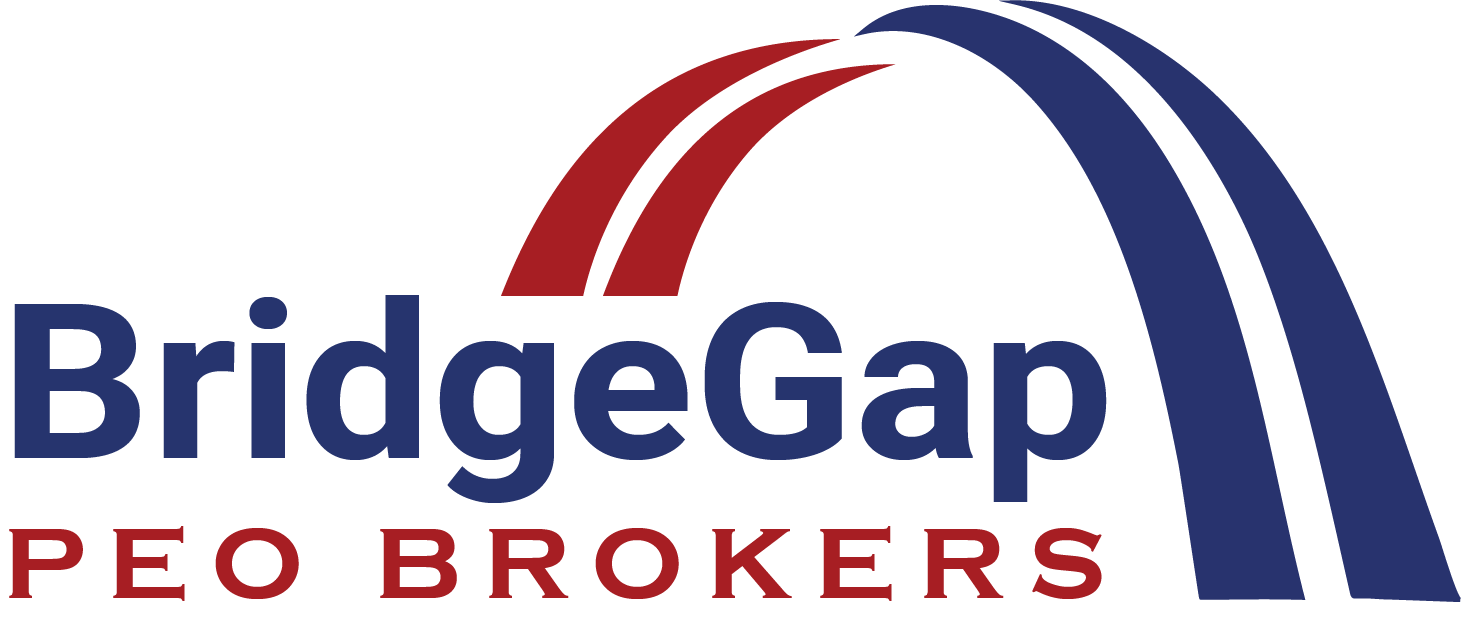What is an ASO?
An ASO, or Administrative Services Organization, provides outsourced HR services to businesses, similar to a Professional Employer Organization (PEO). However, unlike a PEO, an ASO does not enter into a co-employment arrangement as the employees are paid under the client’s IRS FEIN. The client company retains all employment-related responsibilities under its IRS FEIN while the ASO augments and supplements specific administrative functions with dedicated HR technology and team of dedicated of subject-matter-experts in HR/Payroll/Benefits/Employee Call Center/Compliance. The client retains the employment insurance premiums (benefits and workers’ compensation). Here are the key functions of an ASO:
Payroll Processing
Employee Benefits Administration
Administers employee benefits programs, such as health insurance, retirement plans, and other perks. The ASO manages the logistics of these benefits, but the client company remains the sponsor. Services include enriched employee on-boarding, communication, employee benefit call center, mobile phone, termination processes, carrier money movement, COBRA, Section 125 administration, etc.
HR Administration
Handles administrative tasks such as maintaining employee records, tracking attendance, managing federal/state leave policies, and assisting with employee handbooks and policies. A dedicated HR specialist is assigned to help navigate both tactical and strategic HR needs.
Compliance and Risk Management
Provides guidance on complex federal and state compliance with employment laws and regulations, helping businesses avoid legal issues. This includes assistance with workplace safety standards and risk management practices.
Recruitment and Hiring Support
Offers support for recruitment and hiring processes, including job postings, candidate screening, background checks, and onboarding assistance.
Employee Relations and Support
Assists with managing employee relations, addressing workplace issues, handling grievances, and supporting a positive work environment.
Speak To Our Experts 832.431.2037 or Request A Quote
Benefits of Using an ASO
- Cost Savings
- By outsourcing HR tasks to an ASO, businesses can save on the costs associated with hiring and maintaining an in-house HR team and HR systems, and minimize turn-over impacts in these key sensitive positions.
- Flexibility
- ASOs offer flexible service packages that can be customized to meet the specific needs of a business. This allows companies to select only the services they need.
- Expertise and Efficiency
- ASOs provide access to HR experts who ensure that administrative tasks are handled efficiently and in compliance with relevant laws and regulations.
- Focus on Core Business
- By outsourcing administrative functions to an ASO, businesses can focus more on their core activities and strategic goals, rather than on time-consuming HR tasks.
- Enhanced Compliance
- With professional guidance from an ASO, businesses can stay up-to-date with changing labor laws and regulations, reducing the risk of non-compliance and associated penalties.
Example Scenario
Consider a mid-sized retail company with 50 employees. Managing HR tasks such as payroll, benefits, and compliance can be complex and time-consuming. By partnering with an ASO, the retail company can:
- Outsource Payroll and Benefits Administration: The ASO handles all aspects of payroll processing and manages the administration of employee benefits programs, ensuring accuracy and compliance.
- Ensure Compliance: The ASO provides guidance on compliance with labor laws and regulations, helping the company avoid legal issues and penalties.
- Focus on Growth: The company’s management can concentrate on expanding the business, improving customer service, and developing new products, while the ASO takes care of HR administrative functions.
Comparison with PEO
- Co-Employment: Unlike a PEO, an ASO does not enter into a co-employment relationship with the client’s employees. The ASO client company remains the sole employer of record with employees paid under the client’s IRS FEIN.
- Service Scope: Both PEOs and ASOs offer similar services such as payroll processing, benefits administration, and compliance support. However, a PEO’s co-employment model allows for more integrated HR solutions and transfer of employment liability, while an ASO provides a more flexible, non-co-employment approach.
- Responsibility: In a PEO arrangement, the PEO shares certain employer responsibilities, while in an ASO arrangement, the client retains full responsibility for employment-related matters. For client’s wanting to retain more control, an ASO solution is ideal.
Summary
An ASO provides outsourced HR, Payroll, and Benefit services, helping businesses manage administrative tasks more efficiently while retaining full control and responsibility for their employees. This model offers flexibility, cost savings, and access to HR expertise, allowing businesses to focus on their core activities and strategic objectives. The ASO model is ideal for firm’s not needing the full PEO support, but would like the same services, technology, and people support provided by the PEO at a reduced cost while maintaining their own insurance premiums, broker relationships, and employment controls.
